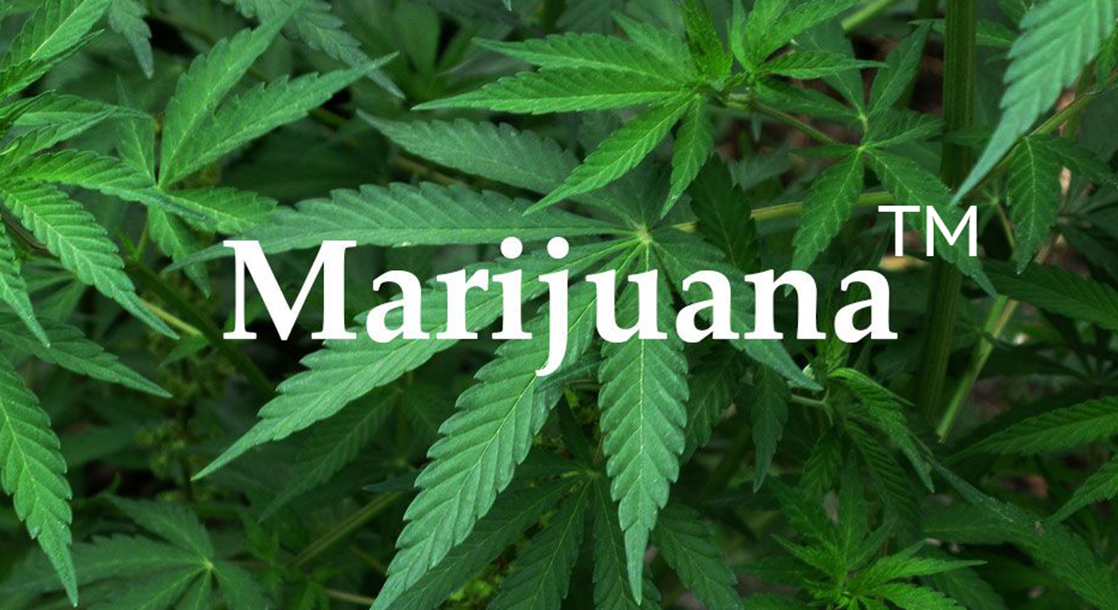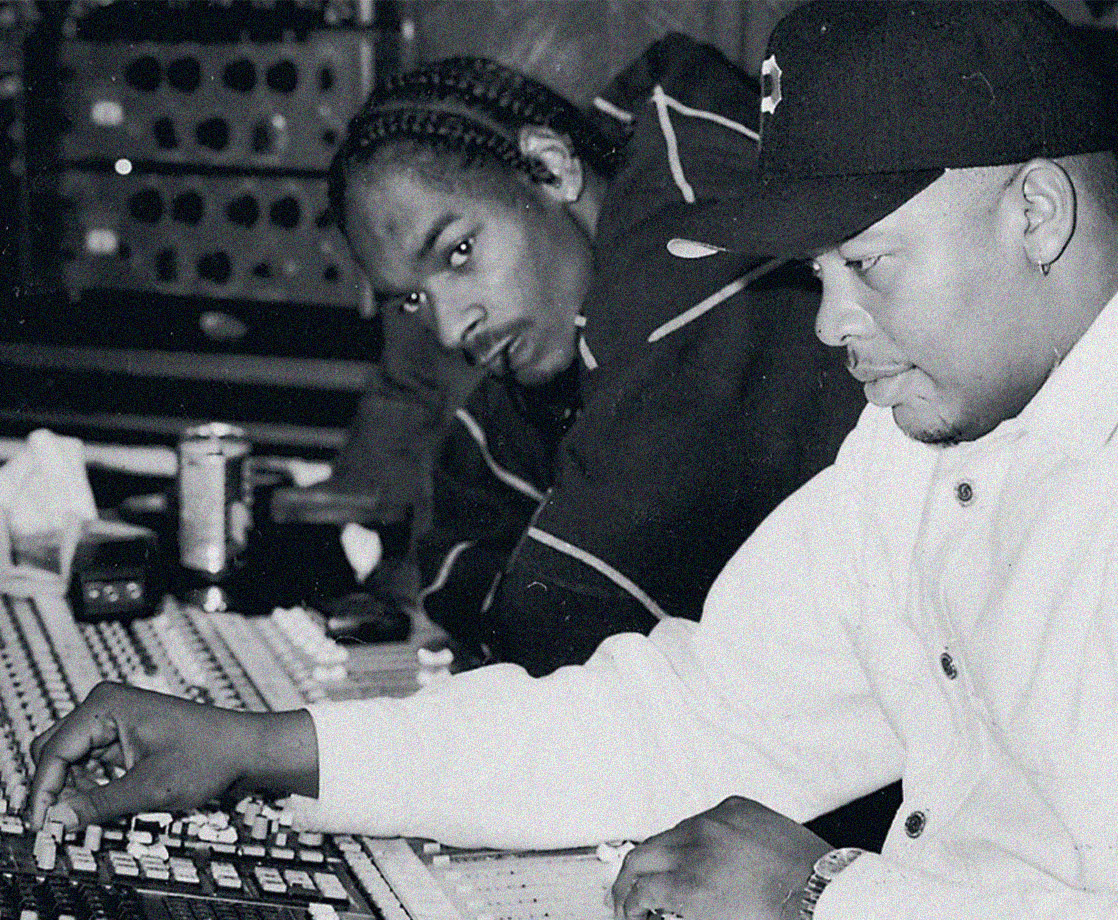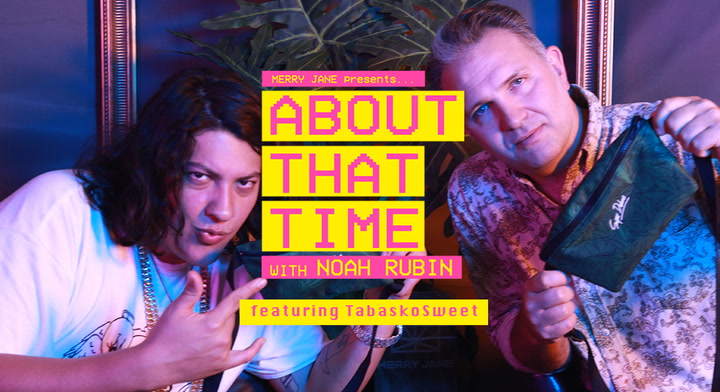Marijuana’s road to legality has been a rocky one. While medicinal and recreational use explodes from state to state, weed’s still federally illegal, hurling business owners into the thralls of legal purgatory. A little-known repercussion of this mess comes in the difficulty marijuana companies experience in obtaining trademarks. As big business threatens the small entrepreneurs who’ve comprised the industry for decades, protecting their brands has become more important than ever.
THC Legal Group specializes in assisting entrepreneurs in the cannabis space with their legal needs, specifically in the realm of intellectual property protection, which includes trademarks, patents, copyrights, and so on. While it’s technically impossible under federal law to trademark something that can’t legally be sold in commerce, there are ways around the predicament our government has positioned the industry in.
I spoke with THC Legal Group’s Abe Cohn, the firm’s COO out of Ohio, who helps cannabis entrepreneurs caught in this nonsensical web. “I’m heavily driven by libertarian philosophy,” Abe told me over the phone. “Personally, I don’t use cannabis, but I firmly believe people should be able to use cannabis if they want to. I’m appalled by the idea we would throw someone in jail for using it. It’s an extremely important civil liberty perhaps even rising to the level of a constitutional right under the 14th amendment.”
As the law stands now, marijuana’s classified as a Schedule One Drug under the Controlled Substances Act, alongside meth and heroin. That means the DEA has decided that marijuana has zero medicinal value, while possessing a huge propensity for abuse. Progressive states have recognized this glaring falsehood and developed their own marijuana programs, whether recreational like Washington and Colorado, or medicinal like California prior to the passing of Prop. 64.
“Now we’re in this bizarre space where someone is doing something legally in the jurisdiction of their own state, but illegal federally,” Abe explains. “The challenge is that under the Lanham Act, which governs Federal Trademark law, one cannot obtain a trademark on a good or service that cannot be sold legally in commerce. Of course, cannabis’s federal illegality under the Controlled Substances Act must then preclude it from trademark protection.”
While trademarking is an essential part of all businesses, the current state of marijuana’s marked by constant change in legality and scientific advancement. The more legality cannabis is granted, the more advancements we see in terms of extracts, bud’s THC content, and even novel products like weed lube, for example. This opens the industry to new startups, investors, and big businesses who previously would never have been interested. While this expands the industry as a whole, it can be scary to the little guys who’ve made their life in pot, never having to conform to normal rules of business.
“If you’re a smaller company and you recognize you have limited resources, you want to do as much as you can to maximize your protection,” says Abe. “Getting a trademark, protecting your brand name, is extremely important.”
How then should these companies go about protecting themselves? “The first thing to consider is that this trademark restriction does not apply to companies who are selling ancillary goods and services to the cannabis space — only to companies touching the plant (and perhaps, although more ambiguously, to companies selling paraphernalia),” says Abe. “So, if you are an accounting firm servicing marijuana companies, you likely will not have an issue acquiring a trademark on your name. However, if you’re a cultivation center or dispensary which actually sells the plant (or a derivative of it), you will not be able to acquire trademark protection.”
This is where THC Legal Group comes in, utilizing a loophole to obtain trademarks for the marijuana industry within the confines of the law. “One strategy would be to develop another set of products that have absolutely nothing to do with cannabis itself,” says Abe. “When you’re registering a trademark, you’re doing two things. You’re identifying your brand name, and then you’re assigning that brand name to a certain class of goods. If you were running an apparel company, it would be in a different class of goods than a gas company, and so forth.”
Abe continues, “Say there was a grow house, they might launch a division of their company that sells backpacks with their logo on them. They would register their name and tag it to the class apparel, or whatever it is they’re selling. That would provide a sort of umbrella protection for the cannabis their brand is also manufacturing.” While this method has proven mostly successful, there’s simply no guarantee the US Patent and Trademark office will respond in their favor.
The protection of intellectual property in the cannabis industry will remain an issue until the federal government follows what 60 percent of its population wants it to, and fully legalizes. However, under the Trump Administration, the wishes of the public and the actions of the government no longer seem to align. Under Obama, there was an understanding that as long as cannabis businesses operated within the legal confines of their state, the feds wouldn’t mess with them. Yesterday, our Attorney General, Jeff Sessions, deemed marijuana “slightly less awful” than heroin.
In the epic battle of politics, economics, and ideology surrounding legal marijuana, the cardinal rule of capitalism remains: the rich are poised to profit. “Some feel, marijuana would be a better industry with the big boys involved, because they bring a proficiency and astuteness needed to destigmatize the space,” says Abe. “Of course, in an industry fraught with risk, investors will have more leverage, while companies seeking investments will find themselves at a disadvantage. However, as in any business that carries a lot of risk, there’s also a huge upswing for reward. Ultimately, when it comes to the question of full national legality” — and the future of brands easily being able to protect their intellectual property and businesses — “there’s no telling what will happen.”











